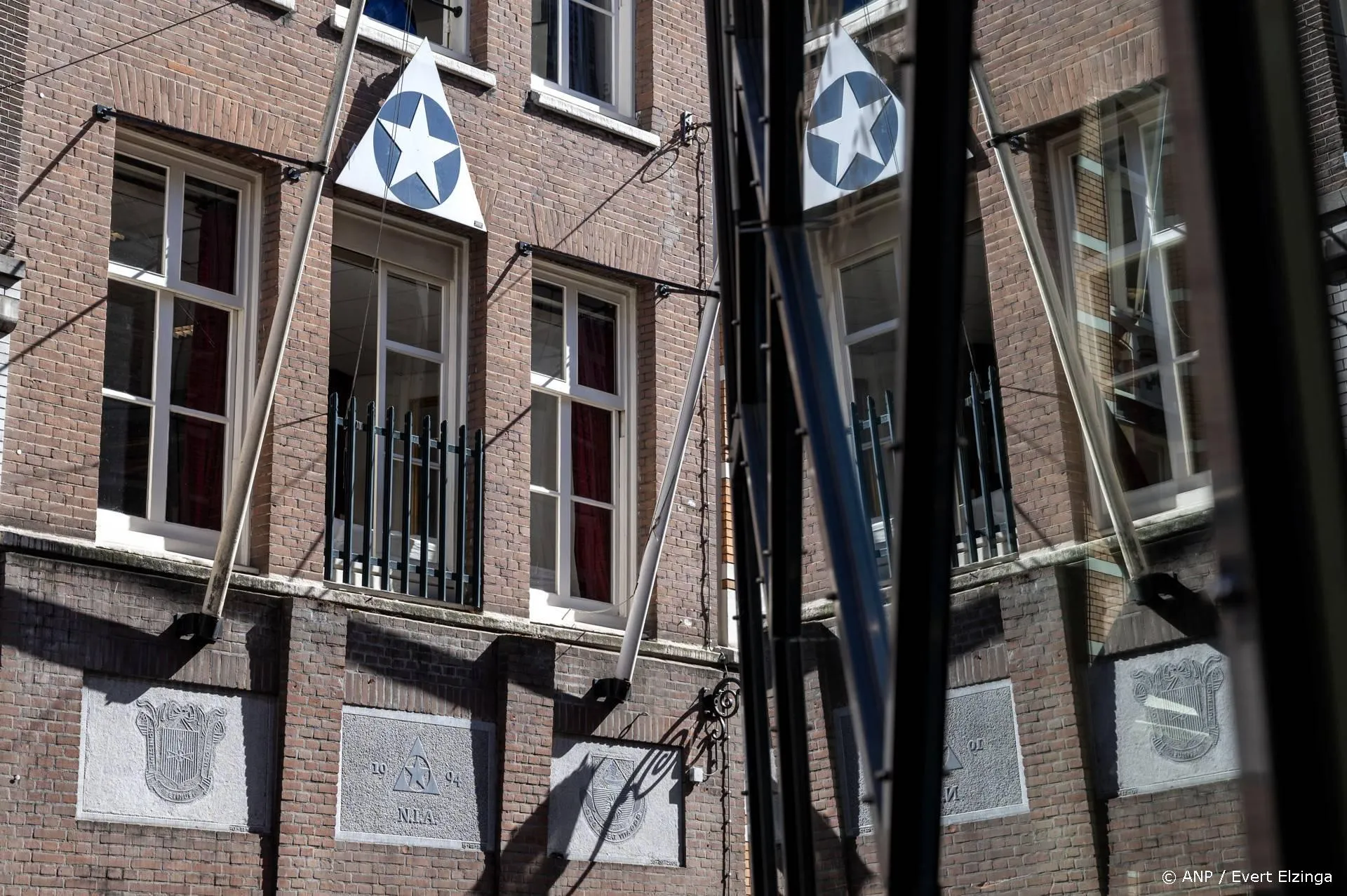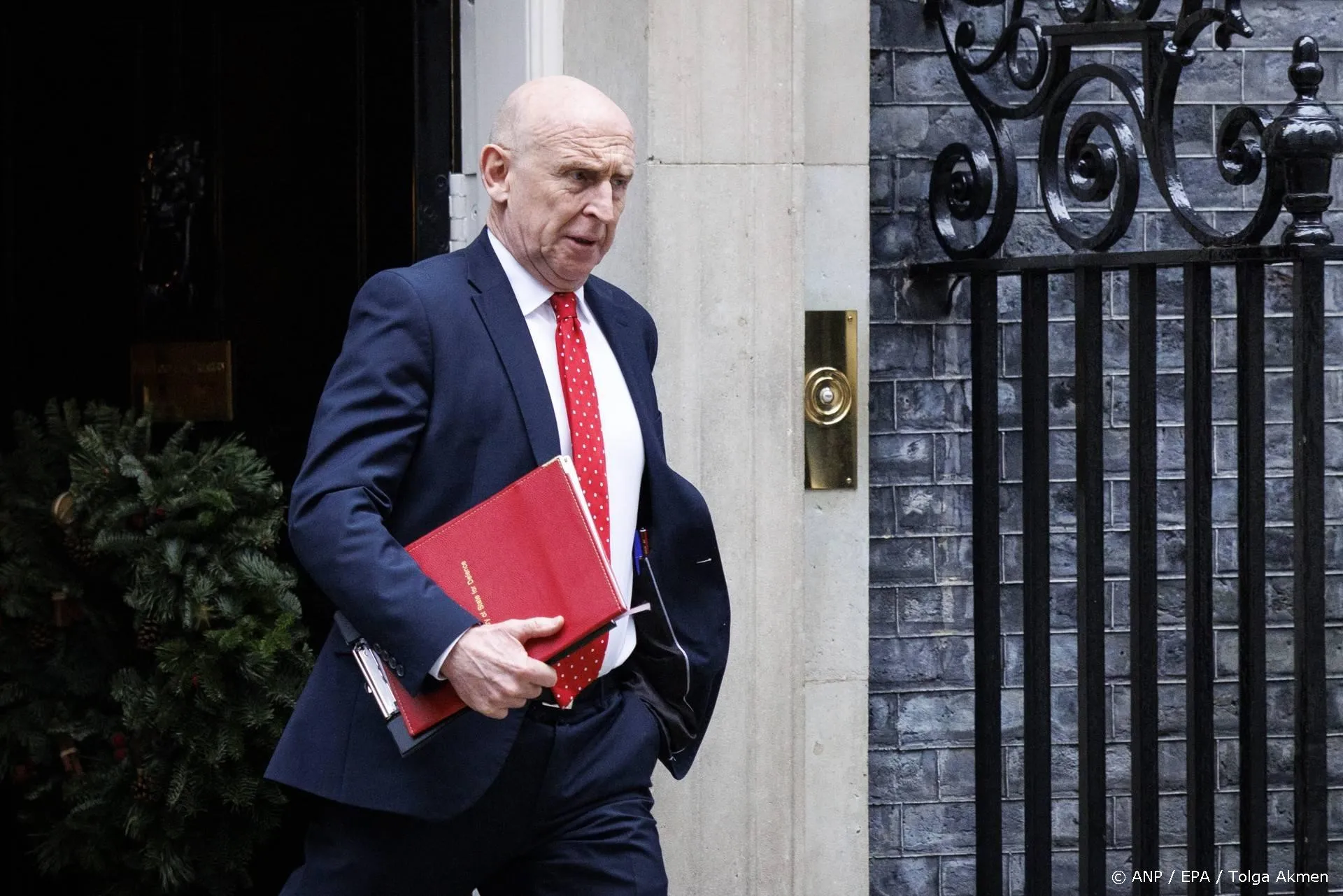Davutoglu nieuwe leider AKP
After a stint as a professor of international relations, Mr. Davutoglu was tapped to serve as Mr. Erdogan's foreign-policy adviser and, in 2009, as foreign minister. His tenure was initially marked by widespread acclaim for his "zero problems" policya sharp break from Turkey's eight decades of a pro-Western orientationin which Ankara sought to expand influence across former Ottoman lands through free-trade and visa-free travel agreements.
But Turkey's rising influence in the Middle East began to wane as a series of Arab uprisings turned into sectarian conflicts in 2011. Though Mr. Davutoglu publicly warned of rising sectarian tensions across the Middle East, Turkey became increasingly embroiled in the region's conflicts.
Turkey has been one of the most outspoken critics of Israel, a longtime ally, while relations with Egypt have been icy in the wake of Turkey's support for the Muslim Brotherhood government that was deposed last year. Turkey also has been accused of supporting jihadists in Syria in a bid to topple President Bashar al-Assad, a charge Mr. Davutoglu has vociferously denied.
Lees ook
Loading



